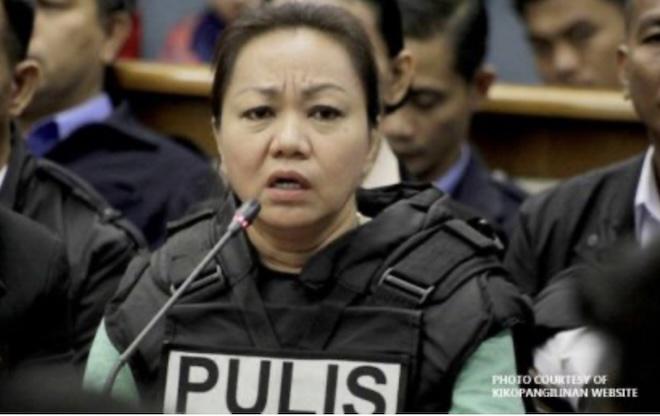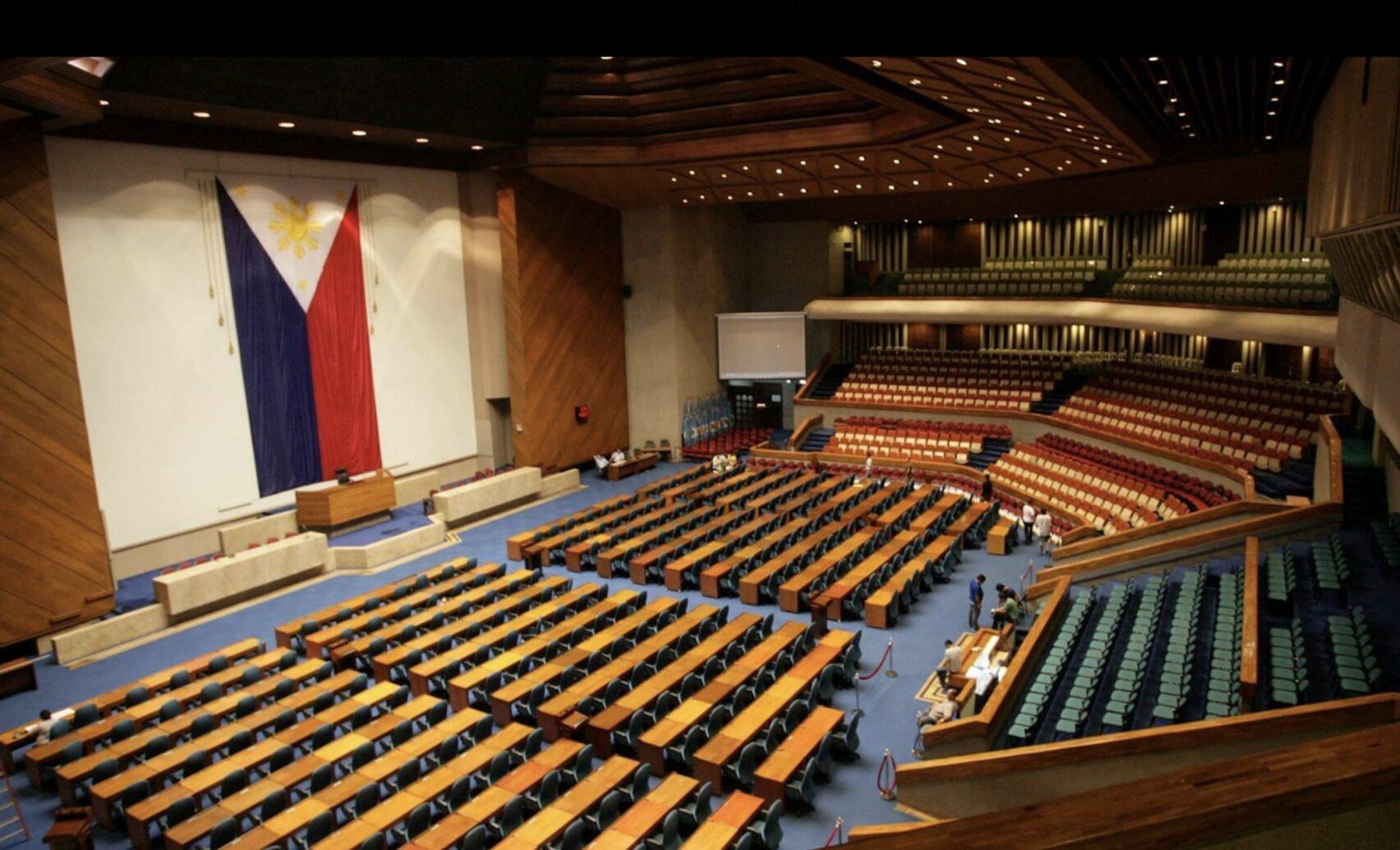Janet Napoles is currently detained at the Correctional Institution for Women in Mandaluyong, where she is serving multiple prison terms—including a life sentence for plunder and additional convictions for graft, malversation of public funds, corruption of public officials, and money laundering. (PNA file photo)
MANILA – Janet Lim‑Napoles, the businesswoman at the center of the Priority Development Assistance Fund (PDAF) controversy, was once again convicted by the Sandiganbayan in a graft case involving the misuse of a former lawmaker’s PDAF allocation. The ruling adds to a series of legal outcomes that continue to unfold more than a decade since the scandal first came to light.
New Conviction Over Mamfi NGO
In its June 6 ruling, the anti-graft court convicted Napoles, along with former Technology Resource Center officials Dennis Cunanan, Maria Rosalinda Lacsamana, and her associate Evelyn de Leon, for their roles in diverting ₱1.17 million from the PDAF of then CIBAC party-list Rep. Joel Villanueva (2007–2009) into the now-defunct Masaganang Ani Para sa Magsasaka Foundation Inc. (Mamfi).
The court found that Mamfi failed to implement any of the intended livelihood projects. All four were sentenced to up to 10 years in prison and perpetually disqualified from holding public office, with Napoles ordered to reimburse the full amount. They were acquitted of malversation due to gaps in the prosecution’s documentation.
Earlier Ruling Convicted Napoles and Biazon in Separate PDAF Case; Biazon Appeals Outcome
This conviction came just days after a separate Sandiganbayan ruling on May 30, 2025, in which Napoles was sentenced to eight years in prison for a ₱3 million graft case involving former Muntinlupa Rep. Rozzano “Ruffy” Biazon, now serving as Mayor of Muntinlupa.
Biazon’s case involved the release of PDAF funds in 2007 to the Philippine Social Development Foundation Inc. (PSDFI), a non-governmental organization later linked to Napoles. He was originally charged with graft, malversation, and direct bribery, but the Sandiganbayan dismissed the bribery and malversation charges, citing insufficient and unauthenticated evidence—particularly documents submitted by whistleblower Benhur Luy.
The court, however, found Biazon liable for graft, concluding that he authorized the release of funds to an NGO that failed to implement its proposed projects. He was sentenced to six years and one month to eight years in prison and permanently disqualified from holding public office.
His legal counsel, Atty. Mitchell-David Espiritu, has since filed a motion for reconsideration, arguing that the conviction contradicts earlier rulings and that Biazon did not receive kickbacks nor had any direct link to Napoles. As of this writing, Biazon continues to serve as mayor of Muntinlupa while his appeal is pending. He was reelected unopposed in May 2025 and maintains that his actions as a legislator were performed in good faith.
Plunder Acquittal with Enrile Upheld
Meanwhile, on June 5, the Sandiganbayan denied a motion by government prosecutors seeking to overturn a previous decision acquitting Napoles and former Senate President Juan Ponce Enrile in a ₱172.8 million plunder case. The court ruled that the earlier decision—granted through a demurrer to evidence—was final and unappealable, thus affirming Enrile’s acquittal and permanently closing the case.
Enrile, who had been released on humanitarian bail in 2015, consistently denied the charges. The court noted that prosecutors failed to prove that Enrile personally amassed ill-gotten wealth.
Snapshot of Recent Legal Outcomes

Napoles is currently serving multiple sentences at the Correctional Institution for Women in Mandaluyong. Biazon’s appeal is under review, and other PDAF-related cases involving public officials and Napoles-linked NGOs remain active in court.
Background: The PDAF Controversy
The Priority Development Assistance Fund, or PDAF, was a discretionary fund that allowed legislators to finance small-scale development projects in their districts. In 2013, it became the focus of a major political scandal after whistleblower Benhur Luy, a former employee of Napoles, exposed how lawmakers allegedly funneled public money through fake NGOs in exchange for kickbacks.
The revelations led to mass protests, Senate hearings, and the Supreme Court’s 2013 ruling declaring the PDAF unconstitutional. Napoles, accused of masterminding the scheme, was charged in multiple graft, malversation, and plunder cases alongside lawmakers, agency officials, and private collaborators.
Legal Observations
The outcomes of recent rulings show a pattern in the courts: graft convictions are more likely to succeed when the prosecution can document unlawful public fund releases or procedural violations, while plunder cases—which require proof of personal enrichment of at least ₱50 million—often falter due to a higher burden of evidence.
Legal analysts note that these decisions illustrate the complexity of prosecuting high-profile corruption cases in the Philippines, where technical documentation, witness credibility, and legal thresholds significantly influence the outcome.






